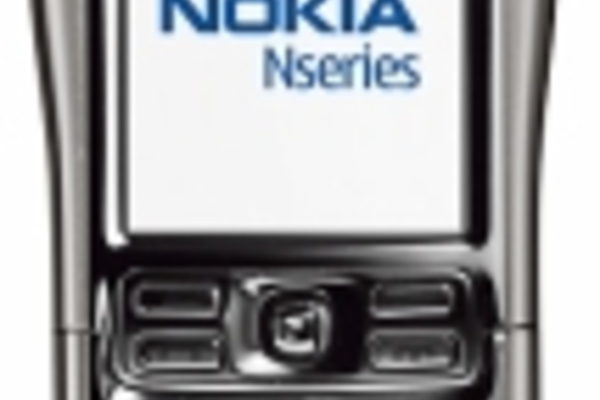Mobile phone unlocking software violates DMCA?
James Delahunty
4 Oct 2005 22:20

Wired has a very interesting article about how a major mobile phone and service provider in the United States has sent a cease and desist letter to a company that specializes in the sale of mobile phone unlocking software demanding that the sale of the software stops. The article simply calls the provider "CellPhoneCo" and the software company "Unlocko". So here are the details.
As many of you know (or should know), you can pick up a phone relatively cheap as long as you sign a contract with a mobile phone service provider and pay your monthly fees and bills for the service. To ensure you use your phone only with that service, the provider places a provider lock on the phone, meaning attempted use of the phone with another service will just give you a disabled handset.
However, more and more people are realizing that it is possible to unlock your phone and use it with any provider, which is very useful. For example, somebody who travels to several countries frequently might want to use networks in those countries instead of paying extra "roaming" charges with the provider that sold them the phone. Also another more common reason is the difference in call costs and coverage quality varying in different areas.
Well, CellPhoneCo is unhappy that Unlocko can sell software to their customers allowing them to bypass the "secret handshake" and use the phone with any provider. So CellPhoneCo has turned to a provision of the Digital Millennium Copyright Act (DMCA) that is designed to protect content by making it illegal to disable technology that protects the content. It says that you can't distribute tools that break or circumvent measures that control access to copyright works.
Therefore CellPhoneCo's argument is that Unlocko's software breaks the DMCA by reprogramming a customers phone so it bypasses the provider lock and can now be used with any service provider because the phone now runs software on the internal chip, just like a phone that is brand new that never had a provider lock mechanism installed on it. CellPhoneCo thinks this is a breach of DMCA because it unlawfully circumvents a technological measure controlling access to the phone's copyright-protected software.
While looking at the writing of the DMCA and thinking about this, you do realize where CellPhoneCo is coming from, however it is most likely that the company would lose this case. Lexmark had to learn the hard way after it tried to force customers to buy Lexmark brand ink cartridges instead of generic ones by adding its own "secret handshake" required before the printer would use the ink.
The company sued after competitors figured out how to make their cartridges work in the printer anyway, and originally won the case. That was of course until the Chamberlain Group, a garage door company sued a competitor that sold universal garage door openers and lost. That seemed to be all the influence the 6th U.S. Circuit Court of Appeals needed to reverse the lower court decision of the Lexmark case.
The outcome should be no different for CellPhoneCo's argument. The phone was sold to the customer, who can use it as he or she pleases (unless the customer signs a contract that says otherwise) and CellPhoneCo should have no legal right to control how customers use their phones.
Source:
Wired